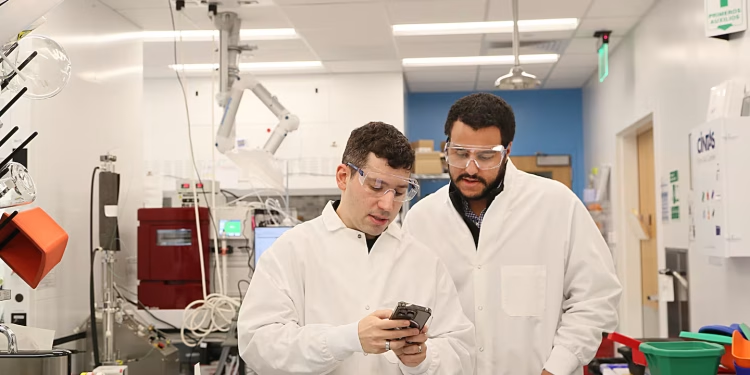Tome Biosciences, a Massachusetts-based biotech startup with a bold vision to revolutionize genomic medicines, is now facing significant challenges. Despite securing $213 million in Series A and Series B funding from major investors like ARCH Venture Partners, Alexandria Venture Investments, and Longwood Fund, the company has reduced its operations and is actively exploring “strategic options.” The shift follows changes in investor sentiment, particularly in the gene-editing space, casting doubt over the future of the promising startup.
Tome Biosciences, which launched in December 2023, aimed to develop a cutting-edge technology known as Programmable Genomic Integration (PGI). According to Tome’s CEO, Rahul Kakkar, PGI had the potential to “reprogram the human genome with an elegance and efficiency previously unimaginable.” The technology promised the possibility of creating “potentially curative treatments with a single drug per disease” for rare monogenic conditions, presenting a significant advancement over traditional therapies.
However, despite the excitement and optimism that accompanied its launch, Tome has been unable to meet market expectations. In a statement to STAT News, a company spokesperson admitted that the gene-editing space has seen a dramatic shift in investor sentiment, particularly for clinical-stage companies like Tome. As a result, Tome is now operating at a reduced capacity, retaining its core expertise while engaging in confidential conversations with potential partners to explore strategic options. Although there is speculation that the company may need to find a buyer by November 1st to avoid closure, an insider suggested that Tome could still remain operational, though its future remains uncertain.
Tome’s PGI platform builds upon the Nobel Prize-winning CRISPR/Cas9 system, using enzymes to insert or write entire genes without needing to introduce double-stranded breaks into the target DNA. Its most advanced program, integrase-mediated PGI (i-PGI), has been compared to a word processor, enabling the insertion of large DNA fragments — some exceeding 30 kilobases — with high site-specificity. In May 2024, Tome presented promising data on its CD19/BCMA program, demonstrating the platform’s ability to integrate 12,000 base pairs into induced pluripotent stem cells, with functional gene expression that could enhance the effectiveness of autoimmune cell therapies.
The company has also made significant moves to expand its capabilities. In January 2024, Tome acquired Replace Therapeutics for $65 million upfront, bringing together Replace’s DNA ligase technology with Tome’s CRISPR-based approaches. This acquisition was aimed at strengthening Tome’s ability to make precise genetic alterations, with the total deal valued at around $185 million in stock and cash.
Despite these advancements, Tome is now navigating difficult terrain as it evaluates its future. While the company’s technology holds immense potential, the challenges of securing sustained investment in the evolving gene-editing market have put its long-term viability in question. The biotech world will be watching closely to see if Tome can find a path forward.
Credit: STAT News for initial reporting on Tome Biosciences’ current situation
































